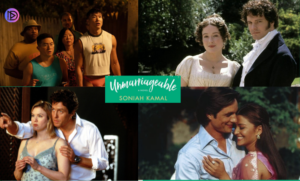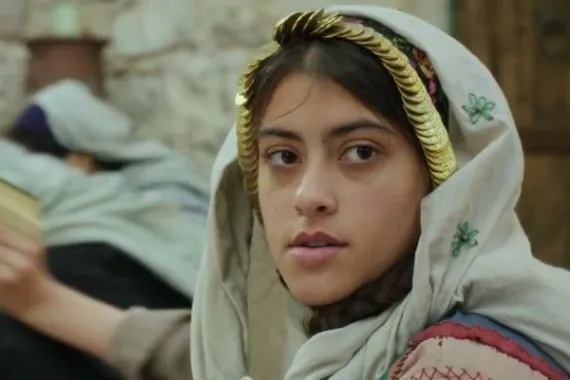If you thought we’d reached peak adaptations of Jane Austen’s Pride and Prejudice—from the swoon-worthy 2005 Keira Knightley film to the quirky Bridget Jones’s Diary, the vibrant Fire Island, and even the bold Bride and Prejudice—think again. Enter Unmarriageable, a film based on Soniah Kamal’s novel of the same name, which reimagines Austen’s timeless tale in modern-day Pakistan.
Meet Alys and Jena Binat, South Asian iterations of Elizabeth and Jane Bennet, navigating a marriage mart teeming with eligible bachelors—but with more selfies and no corsetry. The story, as penned by Kamal, takes Austen’s sharp wit, romance, and societal critique and places them squarely in the colorful chaos of contemporary South Asia.

This international production is co-produced by Traveling Picture Show Company, Rising Tides, and Pakistan’s Hum Network and is set to begin filming in early 2025. It follows the Binat family’s five daughters as they tackle the complexities of modern South Asian courtship. Much like Pride and Prejudice, Unmarriageable explores classism, familial pressures, and sisterly bonds but with the vibrant backdrop of Pakistan’s rich culture.
Did you know Kuch Ankahi takes a page from Pride and Prejudice with a busybody mom, a beleaguered father, and inheritance drama? It’s Austen with a desi flair! Clearly the story has multiple interpretations.
Where previous adaptations like Fire Island—a queer retelling set against the backdrop of the eponymous LGBTQ+ vacation spot—captured Austen’s themes through a modern and culturally specific lens, Unmarriageable seeks to do the same for Pakistan. The project hopes to strike a balance between the biting satire of Austen’s original and the vibrant cultural storytelling that South Asia offers.

Sultana Siddiqui, co-producing the project, sees it as a chance to showcase empowering, female-driven narratives. “We are excited to partner with Traveling Picture Show Company and Rising Tides on our first American film,” Siddiqui says, emphasizing the blend of traditional and contemporary values in modern Pakistan.
The script, written by Sadia Ashraf, is co-directed by Ashraf and James McMillan (known for Avengers: Endgame and A Quiet Place). Ashraf explains, “We want to challenge stereotypes about Pakistan by highlighting its cultural richness, the diversity of its people, and the depth of its stories.”
As casting decisions loom, audiences wonder if Unmarriageable will achieve what Fire Island did for queer representation or Bridget Jones’s Diary did for modern singletons—or become another missed opportunity like Bride and Prejudice. With its blend of Pakistani sisterhood, class tensions, and timeless romantic wit, there’s no doubt this adaptation is one to watch.
All eyes are on whether it can retain Austen’s charm while delivering a fresh cultural perspective. After all, as Unmarriageable promises, universal themes of love, drama, and societal expectations transcend both time and geography.






 Saim
Saim 

 Naqsh begins today, taking over the Faraar tim
Naqsh begins today, taking over the Faraar tim






